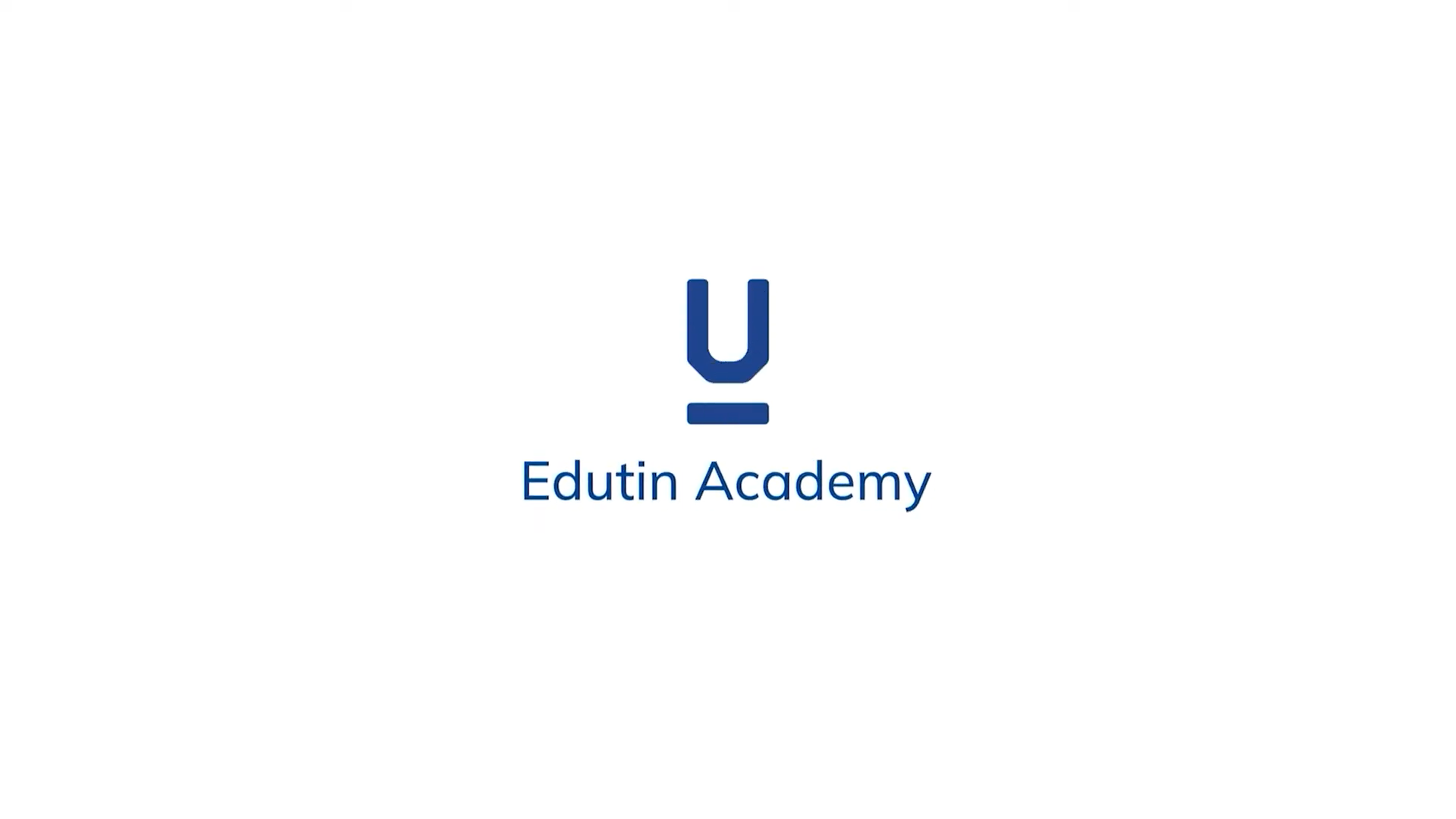Tips
Emotional Intelligence: A Pathway to Workplace Excellence
Discover the effect of emotional intelligence on workplace relationships, productivity, and career advancement. Learn how to develop your EQ and become a better leader, colleague, and employee!
Advertisement
Achieving professional balance: Insights into workplace emotions

Emotional intelligence in the workplace is a hot topic these days, and for good reason.
In today’s fast-paced and demanding work environments, simply possessing technical skills and knowledge is no longer enough.
Emotional intelligence is increasingly recognized as essential for fostering productive team dynamics, enhancing leadership effectiveness, and promoting a positive organizational culture.
And individuals must develop and nurture this skill to truly thrive in the modern landscape.
In this article, we will explore its significance in professional settings and its multifaceted benefits. Keep reading!

Networking Strategies
Uncover the role of networking in your job searching. Learn how to build connections and enhance your career prospects!
You will be redirected to another website
You’ll receive messages for less than 1 week, with a maximum of 1 message per day. You can unsubscribe anytime by replying STOP. By submitting this form, I confirm that I am 18+ years old and agree to the Privacy Policy and Terms and Conditions. I also provide my signature, giving express consent to receive informational messages via automated emails, SMS, MMS text messages, and other forms of communication. Message frequency may vary as part of our good-faith effort to respond to your inquiry. Message and data rates may apply. Text STOP to cancel. I understand that my consent to receive communications is not a condition of purchase and that I may revoke my consent at any time.
What is emotional intelligence?
Emotional intelligence, commonly known as EQ, involves effectively understanding, managing, and leveraging emotions.
It entails recognizing your emotional state, as well as comprehending the feelings of those around you, and using this understanding to guide your thoughts and actions.
A high EQ fosters stronger interpersonal relationships, enhances decision-making, and promotes well-being in personal and professional spheres.
Cultivating emotional intelligence is an ongoing process that empowers individuals to navigate complex social dynamics with empathy and resilience.
The four components of EQ
The concept of emotional intelligence is often broken down into four key components:
1. Self-awareness
This involves attuning to your emotions and understanding how they impact your thoughts and behaviors.
Self-aware individuals can identify their strengths and limitations and recognize their emotional triggers.
2. Self-management
This component focuses on effectively regulating your emotions.
It encompasses skills such as managing stress, controlling impulses, and staying motivated despite challenges.
3. Social awareness
This aspect of emotional intelligence centers around empathy and understanding the feelings of others.
It involves being perceptive of the needs and concerns of those around you.
4. Relationship management
This component relates to building and maintaining healthy relationships with others.
Individuals with strong relationship management skills excel at communication, conflict resolution, and inspiring and influencing those around them.
6 benefits of emotional quotient in the workplace
Emotional intelligence offers several advantages in professional settings, positively impacting individuals, teams, and organizations.
Let’s explore some of the key advantages:
1. Communication
Effective communication is the cornerstone of any successful workplace.
Individuals with high EQ can articulate their thoughts and ideas clearly and actively listen to and understand others’ perspectives.
They can adapt their communication style to different audiences and situations, fostering open and transparent dialogue.
2. Teamwork and collaboration
Team members’ strong emotional intelligence creates a more positive and collaborative work environment.
They are adept at navigating conflict, building consensus, and working together harmoniously toward shared goals, which leads to increased team productivity and innovation.
3. Leadership
Effective leadership demands emotional intelligence as a fundamental attribute.
Leaders with high EQ can inspire and motivate their teams, build strong relationships, and guide their organizations through periods of change and uncertainty.
They create a positive and supportive work culture that fosters growth and development.
4. Decision-making
Emotions are pivotal in shaping decisions. Individuals with high EQ can recognize and manage their own biases and consider the emotional impact of their decisions on others.
This leads to more informed and well-rounded choices.
5. Job satisfaction and reduced stress
When individuals work in emotionally intelligent environments, it contributes to greater job satisfaction and reduced stress levels.
They feel heard, understood, and valued, creating a more positive and fulfilling work experience.
6. Conflict resolution
Employees with high EQ excel in managing conflicts in a constructive and peaceful way.
They navigate disagreements with empathy and diplomacy, fostering a harmonious workplace atmosphere.
Ready to unlock your potential?
While some people may have innate EQ, consistent practice can enhance and strengthen this skill.
Exploring emotional intelligence in the workplace highlights its profound impact on personal and organizational success.
And understanding and nurturing your feelings unlock a world of possibilities in your career journey.
However, developing emotional intelligence is just the first step toward professional growth. Empathy, resilience, and effective communication are also crucial, for example.
Mastering these soft skills fosters a supportive workplace culture and enhances relationships.
Ready to delve deeper into honing your soft skills? Explore our comprehensive guide on developing essential competencies.

Mastering Soft Skills
Learn how to identify and enhance your soft skills for career growth. Discover practical tips to develop these essential abilities.
About the author / Amanda Laet
Trending Topics

Work at Nestlé: Competitive Starting Wages!
Discover diverse job opportunities at Nestlé, from production to marketing, and enjoy competitive benefits and career growth.
Keep Reading
Microsoft Job Openings: Salaries Starting at $15/hr
Explore career opportunities at Microsoft, a leader in technology innovation. Learn about the benefits of working for this global company.
Keep Reading
Avoiding Common Resume Mistakes: Tips to Stand Out
Tips to avoid resume errors: Enhance your CV with simple adjustments and land your dream job! Enter the job market the right way.
Keep ReadingYou may also like

Free Edutin Mobile Repair Course: Launch Your Tech Career Today
Learn technical skills with Edutin's Mobile Phone Repair Course. Get certified and start your tech career today!
Keep Reading
Macy’s Job Openings: Starting Pay from $15/hr + Benefits
Explore diverse job opportunities at Macy’s with great benefits and career growth potential. Discover available positions now!
Keep Reading
How to Develop a Strategic Career Plan
Develop a well-defined career plan to achieve your professional objectives. Explore effective tips and start planning now!
Keep Reading